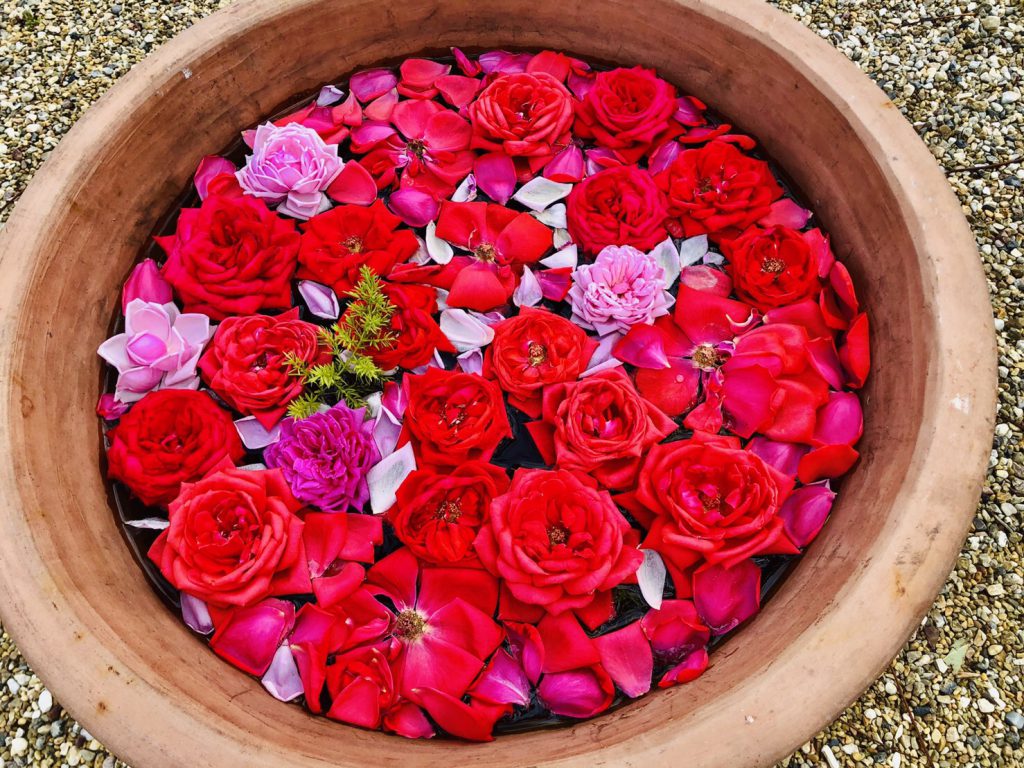
“The life of a flower is short, and there are many things that are painful.” They says that Fumiko Hayashi, the author of “Hourou-Ki (Wandering Record)”, often wrote this word on shikishi (fancy paper). And now it seems that as if only the word was walking alone. The rhythmic wording of the 7-5-7-5 sound style and the “acceptance impermanence” that flows to the bottom of the Japanese mind are well overlapped, which probably left a lot of people’s hearts. Some flowers, such as “Gekka-Bijin (Moonlight Beauty),” bloom only for one night, while others, such as “Udonge,” bloom only once every three thousand years, and there are various ways of life. It is also human nature that we seek “eternity” even if we know that it will not come true.
「花の命は短くて 苦しきことのみ多かりき」。言葉だけが独り歩きしているようなこの言葉は、「放浪記」の作者、林芙美子が色紙によく好んで書いた言葉だそうです。七五七五調のリズミカルな言い回しと、日本人の心の底に流れる無常観とが上手く重なり合ったからこそ、多くの人達の心に残ったのでしょう。「月花美人」のようにひと夜しか咲かない花もあれば、「優曇華(うどんげ)」のように、三千年に一回しか咲かない花もあり、花の命も様々です。叶わないないことはわかっていても「永遠(とわ)」を求めるのが人間の性(さが)でもあります。
